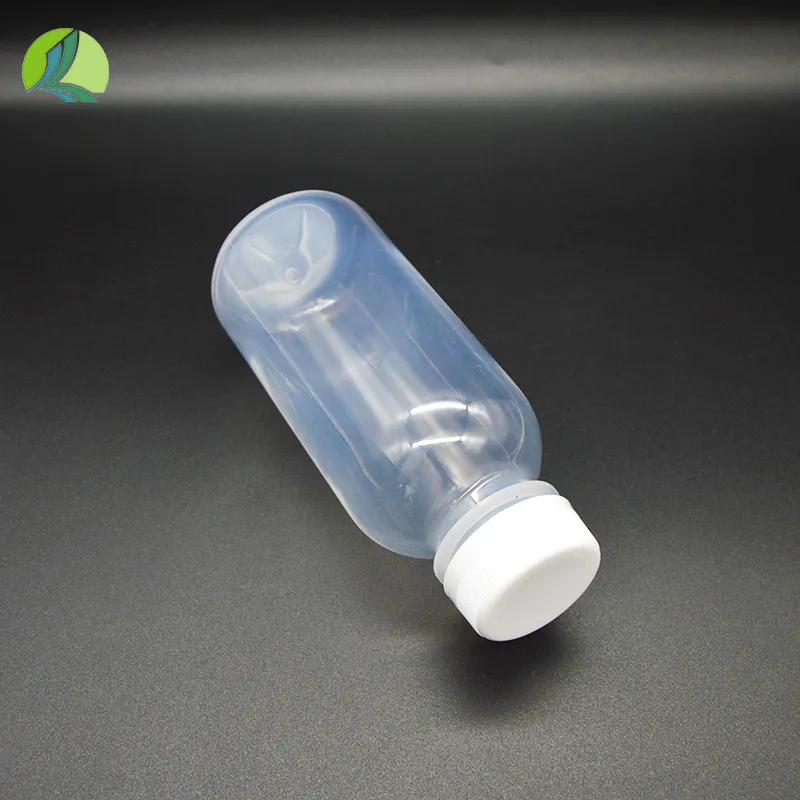Sterile Petri Dish for Optimal Microbial Cultivation and Laboratory Experiments
The Importance of Sterile Petri Dishes in Microbiology
In the realm of microbiology, Petri dishes are indispensable tools that have transformed the way scientists culture and study microorganisms. Named after the German bacteriologist Julius Richard Petri, who invented them in the late 19th century, these shallow, flat, circular dishes made of glass or plastic are primarily used to cultivate bacteria, fungi, and other microorganisms. However, the key to their effectiveness lies in their sterility. Ensuring that Petri dishes are sterile is paramount for accurate experimental results and the advancement of microbiological research.
Sterile Petri dishes serve as a controlled environment where researchers can examine the growth, behavior, and characteristics of various microorganisms without the interference of contaminants. Microorganisms are ubiquitous in our environment, and any unintentional introduction of unwanted bacteria or fungi can skew results, leading to invalid conclusions. To combat this issue, the dishes must be free from any viable forms of life before experimentation begins. The process of sterilization typically involves several methods, including autoclaving, dry heat sterilization, and chemical sterilization.
The Importance of Sterile Petri Dishes in Microbiology
In some laboratories, particularly those operating on a smaller scale or where autoclaving facilities are not available, dry heat sterilization is employed. This method utilizes hot air ovens to sterilize Petri dishes. By exposing the dishes to temperatures of around 160 degrees Celsius for a period of time, usually a minimum of two hours, the dry heat effectively dehydrates and burns any potential contaminants. While this method is less commonly used than autoclaving, it remains a reliable option in certain laboratory settings.
sterile petri dish

Another strategy for ensuring sterility is chemical sterilization, which involves using chemical agents to kill microorganisms. Ethylene oxide gas and hydrogen peroxide vapor are among the chemicals that can effectively sterilize glass and plastic Petri dishes. While this method may not be as prevalent as the physical sterilization techniques, it has its advantages, especially concerning materials that may be sensitive to heat.
Sterile Petri dishes are not only essential for basic microbiological research but also play a crucial role in various practical applications, such as clinical diagnostics, pharmaceutical development, and food safety testing. In clinical labs, sterile Petri dishes are used to culture samples from patients suspected of infections, allowing for the identification of pathogens and guiding appropriate treatment strategies. In pharmaceuticals, they are vital for testing the efficacy of antimicrobial agents, ensuring that new drugs are safe and effective.
The food industry also reaps the benefits of sterile Petri dishes, as they are used in microbial testing to assess food safety and quality. By culturing food samples on nutrient agar in sterile dishes, microbiologists can detect the presence of harmful pathogens, ensuring that food products meet safety standards before reaching consumers. This practice is critical in preventing foodborne illnesses, thus protecting public health.
In conclusion, sterile Petri dishes are foundational to the practice of microbiology. Their ability to provide a pristine environment for microbial growth is crucial for accurate and reliable scientific investigations. Through methods such as autoclaving, dry heat sterilization, and chemical sterilization, researchers can ensure that their experimental conditions are as controlled as possible, leading to valuable insights into the world of microorganisms. As we continue to explore the complexities of microbiology, the significance of sterile Petri dishes will undoubtedly remain at the forefront of scientific research and application.
-
Aesthetic Makeup Spray Bottles | Fine Mist Empty RefillableNewsAug.19,2025
-
White Plastic Veterinary Vaccine Vials | Lab Liquid BottlesNewsAug.18,2025
-
Plastic Medicine Liquid Bottle: Secure Flip Top Drug VialsNewsAug.17,2025
-
Durable 250ml Blue Plastic Vaccine Vial for Lab & Vet UseNewsAug.16,2025
-
Sterile Virus Sample Tubes: Secure & Reliable Specimen CollectionNewsAug.15,2025
-
White 250ml Plastic Vaccine Vial for Lab & Vet MedicineNewsAug.14,2025
























